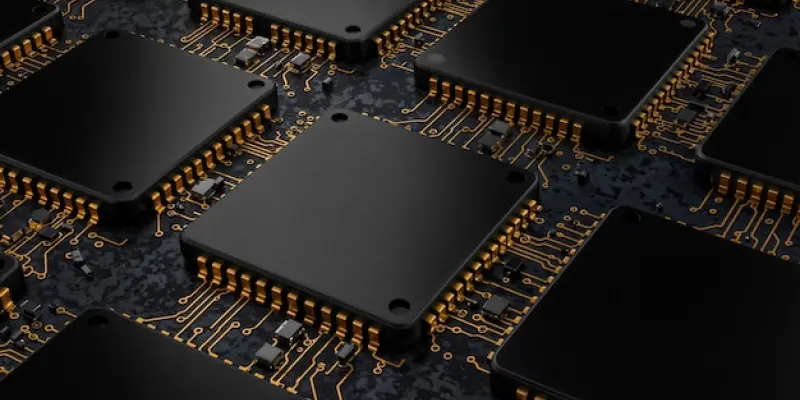In an unexpected yet welcome development in the tech market, the AMD Ryzen 5 9600X processor, launched in August 2024, has seen a substantial price drop, marking its first-time availability for about €200 in Germany. This significant reduction from its original price tag of €299 underlines a notable trend of price adjustments in AMD’s Zen 5-based Ryzen 9000 series. As a result, this series has become increasingly appealing to those seeking powerful yet affordable technology for their gaming and mid-range computing needs. The pricing landscape in Germany, coupled with VAT, has made this processor economically attractive when compared to its U.S. counterpart, potentially widening its consumer base. The introduction of the Ryzen 5 9600X at this competitive price point is set to offer gamers and tech enthusiasts enhanced performance without a hefty price tag.
A Shift in Market Dynamics and Future Prospects
The Ryzen 5 9600X stands out not only for its cost-effectiveness but also for its improved productivity compared to its predecessor, the Ryzen 5 7600X. While the performance differences might seem minimal at first, they are vital for gaming enthusiasts and users focused on productivity who seek peak performance from their systems. Additionally, potential future releases, including the anticipated Ryzen 5 9600X3D and new APUs in the Ryzen 9000G line, underline AMD’s strategic stance in a highly competitive processor market, ready for innovation and consumer engagement. This dynamic landscape also features compatible GPUs like AMD’s forthcoming RX 9060 XT alongside NVIDIA’s RTX 5060 Ti, highlighting AMD’s aim to provide strong yet affordable performance. This competitive edge promises to enhance gaming experiences, underscoring AMD’s agility in addressing market shifts and evolving demands. Their strategic pricing and product development pave a promising path for gamers seeking cutting-edge technology, ensuring a commitment to diverse options that cater to the varied needs of consumers.

